My mother put a lot of time and energy into how she looked and how others perceived her. She never stepped outside her door, even to pickup the newspaper, without her makeup on, every hair in place and dressed in something attractive. But at some point mother was all dressed up with no place to go. Mentally and emotionally she stopped living her life… decades before she died.
Is this just what happens to many of us as we get older, or is something else at work?
For mother, life was all about her. Her narcissism clung to her like a second skin but not in an overt “me, me, me” way, but something more subtle. James picked up on it the first time he met her. As soon as we’d left her apartment and the elevator began to descend, he said, “Poor lady. What must it be like to be in her skin?” Poor lady, indeed.
Mother was trying to compensate for a lack of self-esteem and self-confidence. In her mind she was still the poor little girl from Tennessee who had only two dresses to her name. Mother’s insecurities overrode most everything else in her life. When she did go out and interface with people she was focused on what she was going to say, next, instead of listening to the person who was talking.
When she was in her 60’s, mother stopped going to her Bible study classes. She’d stopped going to Toast Mistress, and after one of her friends died, she stopped going out except to get her hair done and then to the grocery store. She’d battled depression most of her life, but now she stayed in bed with the shades pulled. Just like she did after my father died, when I was 12, and we role reversed.
In her 60’s and 70’s, I had multiple conversations with her about exercise and depression, trying to encourage her to get out and walk in her safe and beautiful neighborhood or to join a church and attend ladies Bible study classes. I even called a church she’d expressed interest in, flew to Dallas and took her to visit.
For a while she told me what I wanted to hear, that she’d gone to church, or for a walk, but at some point, she was no longer interested in keeping up the pretense. I even tried to interest her in taking art classes—she had a natural talent—but it was clear she wasn’t going to make any changes. I remember telling her she was just marking time until she died, and sadly, that’s what she continued to do until she died just shy of her 94th birthday.
https://youtu.be/bvXKH6UoROs
In addition to chronic depression, I now wonder if that period was the beginning of mother’s dementia? One of the symptoms of dementia is apathy, a lack of interest in everything. Dementia apathy isn’t “I don’t care.” It’s “I can’t care,” and it’s often misdiagnosed as depression.
Most of us are old enough to have the beginning of some form of dementia. If you think you or someone you know may have early signs of dementia, here are some things you should know.



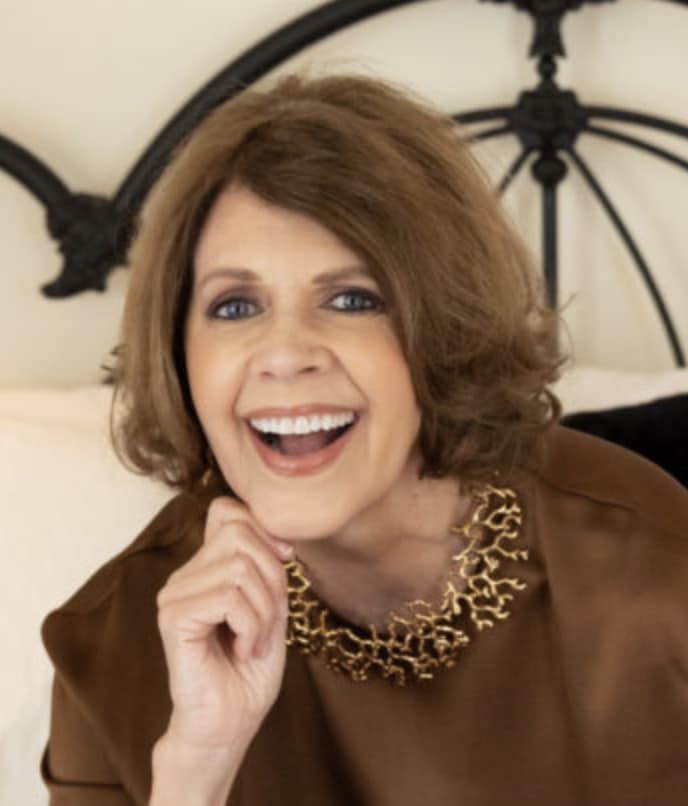


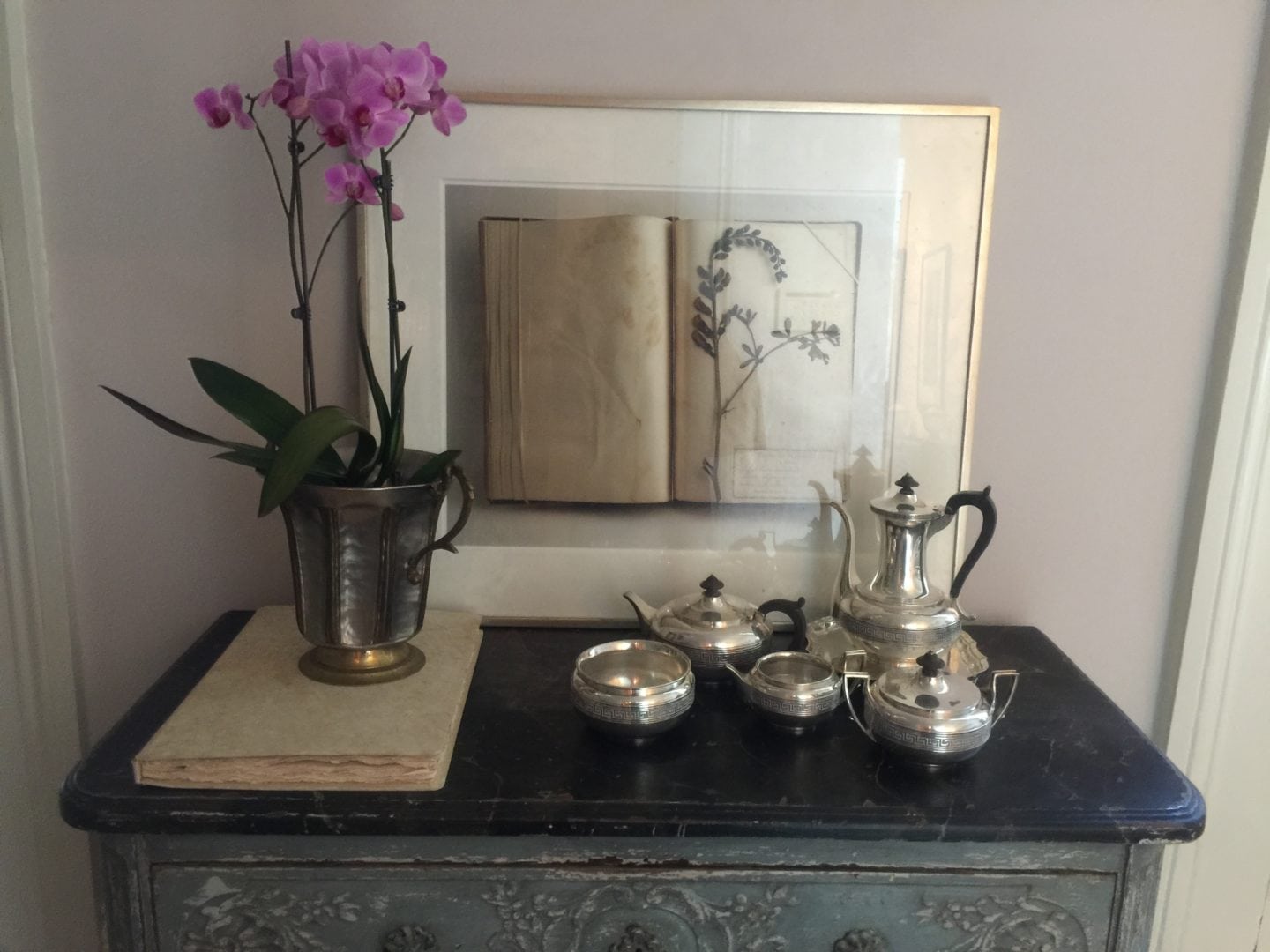
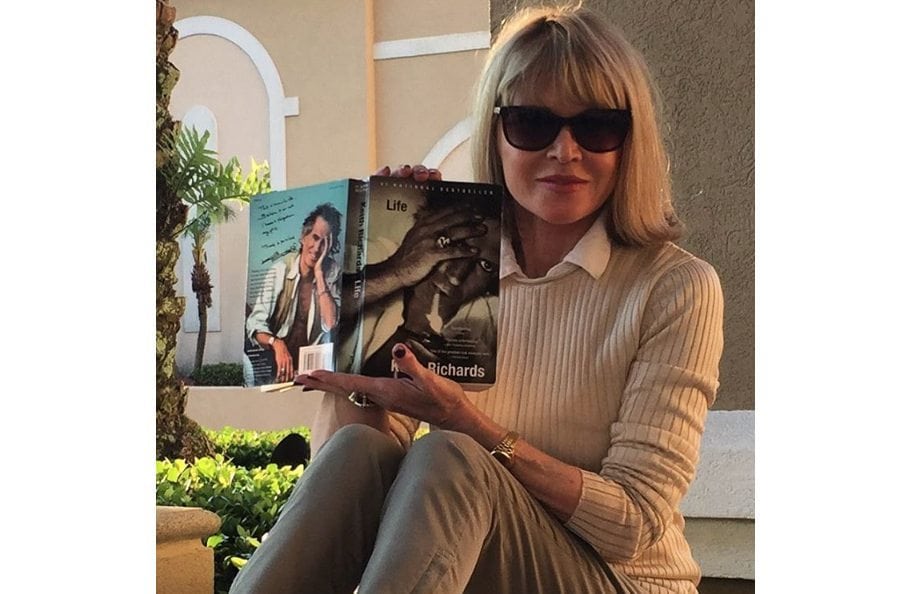
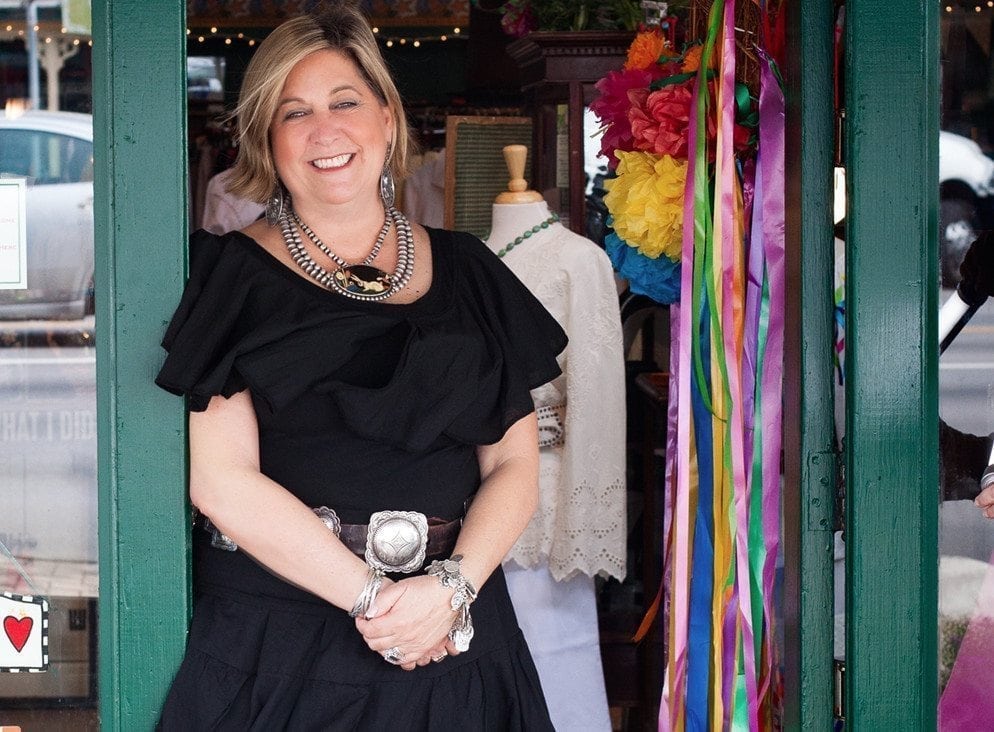




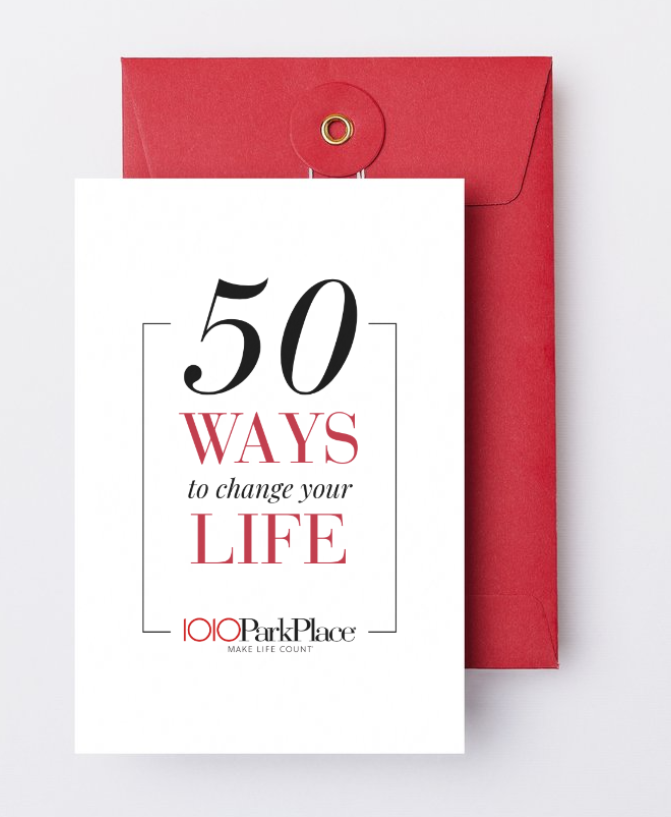
19 thoughts on “IS IT DEPRESSION, APATHY OR DEMENTIA?”
Too many women of her era wasted the ‘pedestal’ they were placed on in American society. Zero stewardship of what they were gifted nor understanding the work of that stewardship is a gift from Providence.
Huge drain on society.
Who has written on this topic already?
Oddly, my mom, too similar to yours, became kind during her last year, fighting Alzheimers. Best year of my life with her.
Made the choice in my 20’s to forgive her, and have a relationship, enough, so I wouldn’t feel guilty when she died. Beyond expectation, the right choice for me.
The day she was buried I found items informing me of treacheries toward me I was unaware she performed. More amazing, that forgiveness from my 20’s covered present day, and I’m not young. An incredible life moment.
Garden & Be Well, Tara
Tara, So very wise and compassionate of you to forgive her. I didn’t do that with my mother until I was in my 50’s and my husband said, “She’ll never be the mother you want, but you can be the daughter she needs.” Everything else fell away at that moment, and I realized my mother was mentally ill most of my life and now had dementia. She was incapable of giving any more. I, too, believe the best years of my life with mother was when she had dementia. That’s not to say that at times she wasn’t hateful, but I saw it in a different light. Forgiveness is a powerful gift. xoxox, Brenda
It’s a complicated thing, this all too human body/mind.
Carol, I sometimes think understanding the basics of physics would be easier than understanding people and the mind body connection. xoxox, Brenda
This is such a poignant and complicated issue. Too many of us live it in our families and as we grow older, fear it in ourselves – some combination of the depression, apathy, and decaying of our memory and intellect as the result of this terrible disease. We have so many healthcare challenges in this country, and these interrelated subjects that you so beautifully and sadly describe, certainly rank high among them.
I watched my grandmother disappear in this way and more recently, the elderly mother of the man I was in a long-term relationship with. It’s heartbreaking.
DA, There is no structure more complicated than the dynamics within a family. No matter what we do some corner of it wants to disappoint us or come down and bite us in the butt. I’ve inherited so many of my mother’s health issues… like being super sensitive to meds… that I have to wonder if dementia is on that list as well. If it is I hope the practice of writing and talking to wise women, like you, in our individual worlds on the internet will keep it at bay. Thanks for you awesome comment, Brenda
Thank you so much for sharing this. I am a caregiver to both of my parents that have different forms of dementia. My mom is like the mother you described except she is still taking care of her “beauty”. Ive always thought she had low self esteem but she can be hard to deal with sometimes. My dad has beginning stages of vascular dementia. The video by Teepa Snow is awesome! I cant wait to share this with our Alzheimer’s/Dementia group. Thank you thank you thank you Brenda!❤
Hi Johanna, I’m happy this video resonated with you. It did with me. For those of us who love someone with dementia I believe it gives us an ah-ha moment, perspective we didn’t have before we saw this. Both of your parents… different forms of dementia. Oh, Johanna. The stress and heartbreak that must cause you. Praying you receive God’s wisdom and strength as you walk through this terrible time. xoxox, Brenda
I just finished writing an article related to this subject (unaware of yours). The thing I wonder is, if she had known she was going to live that long, what would she have done things differently. For example, if a friend died when she was 30 years old, would she have quit coming to a gathering? Interesting idea.
b+
https://www.retireinstyleblog.com/2019/03/how-old-would-you-be-if.html
Barbara, I loved your post about what would happen if we forgot to die? In my mother’s case, it wouldn’t have made any difference if early on, she’d known she would live to be 94. I suspect it would have made her even more miserable and hastened her death in another way. I now realized she suffered from mental illness and would fly off the handle if I said, “Are you crazy?” even in a joking manner about something. I believe she thought she was crazy. Her lack of self-esteem and feelings of being “less than” made life with her extremely difficult. Awesome comment and post. Thank you, Brenda
Dearest Brenda,
As you know, I have shared with you in the past that I too had a mother similar to yours – in that she was a pure blooded narcissist. She died at the age of 56 after suffering the ravages of MS, which led on to various complications, including senility. Looking back, she had obvious serious mental illnesses that no Dr ever told me or my brother about. When we were clearing out her home after her death, we found anti-psychotic meds in her daily blister packs, as well as other medications that clearly evidenced she was medicated for various psychiatric illnesses. It might have been really helpful if one of her medical team had explained this to us her family, as we battled her nature and strong will to the end. It was not pleasant. She was not pleasant. Yet she was a victim, and she was the one paralysed and in a recliner with a drinking tube, and catheter. In her mind, she lived in a fantasy world. She could not speak much by the time she passed, but from what she could say, it indicated that she was ‘off the planet’ or whatever vernacular you would like to use to say that she was clearly not aware of her situation, which as it happens, I think, was a blessing. I see a parallel here with your mother. She was doing the best she could. Yes it was sad for you to see her like that, because from your vantage point, she had so many opportunities that she did not take advantage of. But please realise, she could not. I have nursed my own daughter through many years of deep clinical depression, and seen her lying lifeless on a couch day after day. Watching her youth wasting away for the last 5 years. Her psychiatrist has finally been able to find a treatment regimen that has seen those endless couch days gone, but only as recently as last year. When people/friends/family would tell me I needed to be tougher and ‘tell her to get up, sleep in a proper routine, get dressed, start moving’, they meant the very best, but what they didn’t fully (and still don’t) appreciate, is that if she could have, she WOULD have. It was painful for her to be there too. It was painful for us to watch her languishing, wishing to be dead. Our daughter is in a phase of recovery, those dark days may come again, and if they do, I will be here to support her once again, to nurse her and be company with her while this thing takes over her brain and we try to hold on to her life the best way we can. Her own brother doesn’t even understand. For someone who has never had a mental illness or a loved one with it, they truly don’t get that if the sufferer could be any different, they really truly would. They just can’t. And it’s real and it’s physical, but it’s invisible. Let’s just accept people as they are, be there to love them through it, and rest in the knowledge that we did the best we could with the knowledge we had at the time. Blessings. TJ Xxxxxxx
TJ, Yes, I remember and I’m sorry you know what it’s like to have a mother… and a daughter… with mental illness. In my case I think it would have made a world of difference if I’d known mother suffered from a form of mental illness, and if I’d understood it, I believe I would have been a different daughter. More tolerant and compassionate. While I thought she “was crazy,” I didn’t understand her or the decisions she made, just that life with her was exceedingly difficult. Both of our mothers were, indeed, doing the best they could, and mother told me that from time to time, but she phrased it like the victim she wanted to be. Being unable to be another way and wanting to be the victim seem like polar opposites, and while they’re different, I suspect they intersect. Your comment about your daughter… if she could have, she WOULD have… is at the heart of mental illness, depression and dementia. A difficult thing to grasp unless you or someone you love has lived it. I hope her brother “gets it” some day. That realization will change both of them. Blessings to you as well my friend. xoxox, Brenda
Your post gave me goosebumps, and the comments did it again.
Who has written on this? Mary Pipher, a psychologist, wrote “Another Country: Navigating the Emotional Terrain of Our Elders,” about accompanying her mother into old age and the challenges of caregiving. And now that she is in her 70s, she has written about aging herself (though it’s not just about her): “Women Rowing North: Navigating Life’s Currents and Flourishing as We Age.” I haven’t read them yet–I just heard her interviewed on the “Fresh Air” podcast last week.
My mother was SO insecure. Single into her mid-30s. The least pretty of the sisters, smart but not as smart as her sisters, talented but not as much as her sisters. The way a caterpillar rolls into a ball when touched, she would flinch and be mortified if a shop clerk asked whether she needed anything. Lie low! Don’t be noticed!
She started to lose it a bit in her mid-80s, not keeping up with the house and not wanting any help, which she saw as interference. When my dad fell and needed more care, we got them to move into assisted living. She became very depressed to be out of her house and to have to interact with the other residents, whom she assumed were judging her. She had epileptic episodes that came on with stress. She had one the day after my dad was buried, and then more and more, dying three weeks later.
OTOH, she was very active in geneaology research in person and online, and until my dad could no longer drive she was in a creative writing group. I read some of what she wrote and it was very good. It was funny, and I had never known her to have a sense of humor.
The wife of my husband’s good friend, in her early 60s, is showing signs of dementia. I don’t think she nor her husband realizes it or else they are purposely ignoring it. She says and does strange things and seems to get frustrated very easily.
The NY Times has an article about avoiding/postponing/lessening the risk of dementia (search for dementia among recent articles). Supplements are worthless. Instead it’s all about exercise, controlling blood pressure (under 120) and learning new things.
TOF, Such a great analogy about the caterpillar that rolls into a ball when touched. I hear from women who don’t want to be noticed; who lay low for fear of being noticed. How do they make friends or get close enough to let anyone in, let alone get married, be intimate and have children? Do they have a quality of life? If they could only let that go… It would be like living in the dark to stepping into the sunshine. Mental illness, terrible insecurity and the curve balls life throw us that are often out of our control fit into another category, but for the most part I believe we are what we eat, who we associate with and how we see ourselves. One of mother’s favorite things to say was “Thoughts are things.” She was a serious student of metaphysics and meditation. That makes me wonder what she would have been like if she hadn’t worked on her thoughts… Very sad. You’re the second source this week that’s mentioned “exercise” is one of the ways to avoid/postpone/lessen the risk of dementia. That’s powerful! Thank you! xoxox, Brenda
BINGO!
THAT was MY MOTHER but doctor thought it was depression!
VERY INTERESTING READ!
XX
Elizabeth, While depression and dementia often go hand-in-hand, they’re very different things. Easy to miss dementia and call it depression. xoxox, Brenda
Hi Brenda My father would have been 100 years old six days ago. However, he “gave up” and died 18 months ago. Up until about a year before his death he was very active – attending a weekly Jazz Club, going out to lunch at least twice per week, writing two books and even putting together plans to start a new company. Unfortunately, his doctor told him that his cholesterol was too high (at 95 who should care?) Then he stopped eating all the things he liked, completely lost interest in eating and literally starved himself to death. He never lost his mental acuity but I think he lost interest in life. In some respects, I wish I had lived closer than 2.5 hours away so I could have brought him his favorite goodies like Licorice Ice cream and Fig Newtons. But maybe that would not have made much of a difference. I’m sure my father was depressed that last yhear of his life but he had outlived all of his siblilngs, his first wife and all of his friends. At some point maybe it’s time to go.
Carol, Before dementia my mother used to tell me how difficult it was to lose all of her friends and contemporaries she admired, and I imagine that played a role with your father as well. And his doctor was doing what all doctors do… reporting on their patients vitals, but with your father, I wish he’d said… “Your cholesterol is higher than I’d like to see it, but you’ve made it to 95, I wouldn’t change a thing.” Socially your father was more active than I am! He sounds like a man I would like to have known… jazz, writing, entrepreneur. There’s a lesson here for not just our parents but ourselves as we age. A few weeks ago at the Pebble Beach Golf Tournament, Clint Eastwood–who will be 89 in May; he’s chairman of the Tournament and played in it–when asked how he’s still so active and involved, he said, “I don’t let the old man in.” Don’t beat yourself up about not living closer to your father. xoxo, Brenda
It is really good that the current times have brought us to be more aware and informed about mental disorders and their causes and implication and treatment. Agree, proper diagnosis of mental conditions especially of those who are of an advanced age is invaluable.
Comments are closed.